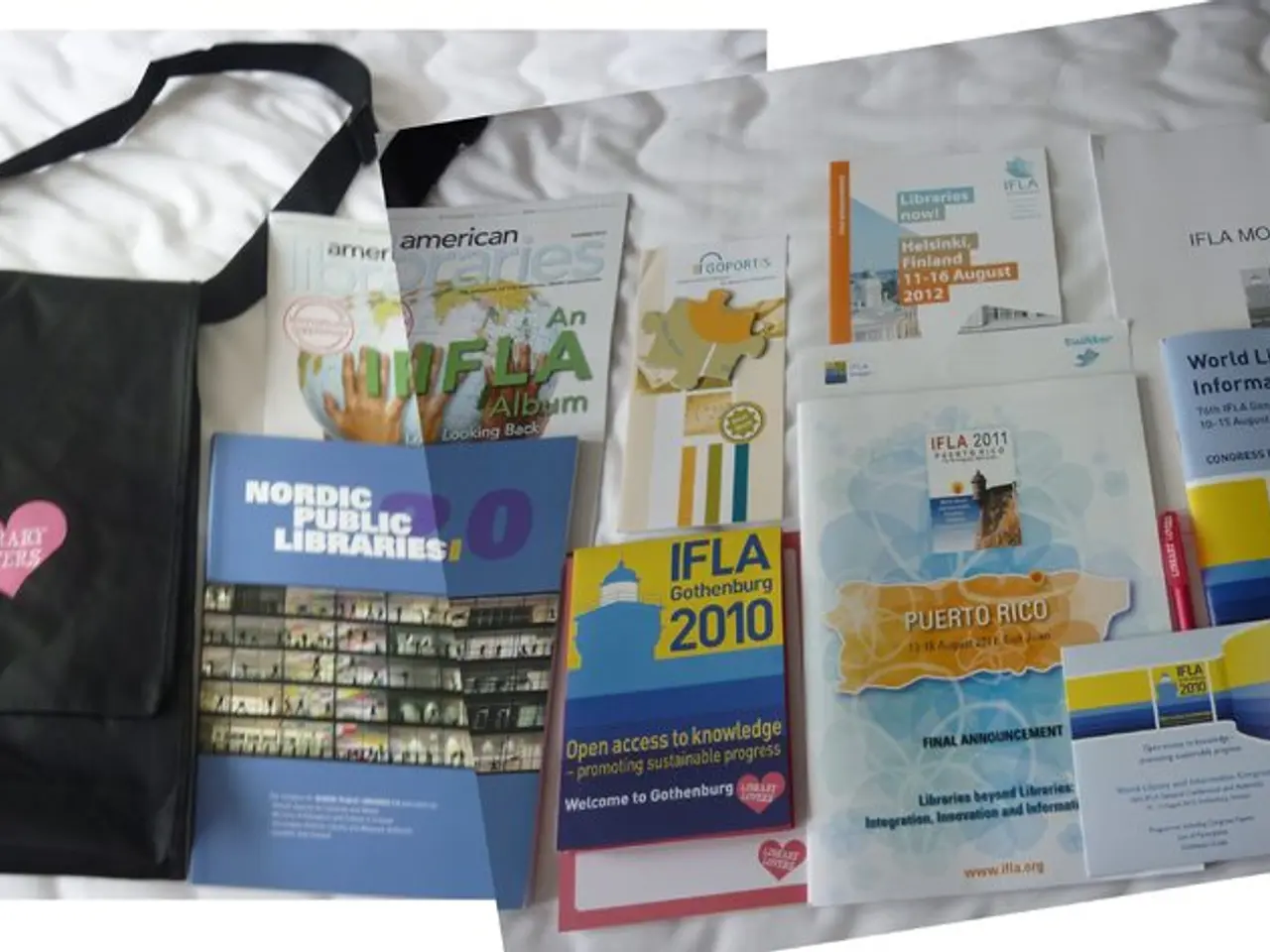No concerns at Firestone's supply? Relax!
For researchers seeking niche or rare sources to support specific research topics, venturing beyond the confines of Princeton University libraries can be a valuable strategy. Here are some effective methods to uncover hidden gems:
Utilise Google Scholar
Configure Google Scholar with your local or institutional library links to tap into scholarly literature from various universities, professional organisations, and online repositories that may not be part of Princeton’s collection. This includes dissertations, conference papers, and peer-reviewed articles that can be accessed via interlibrary loans or your library system.
Explore Specialized Digital Archives and Portals
Delve into specialised digital archives and portals hosted by other libraries or institutions, which offer unique primary sources such as letters, photographs, newspapers, and rare documents. For instance, the University of North Texas Portal aggregates diverse archival materials from multiple repositories, granting access to documents often unavailable in a single library.
Subject-Specific Research Guides and Databases
Investigate subject-specific research guides and databases recommended by other university libraries to discover databases tailored to your topic, especially for rare or niche academic journals and resources. For example, databases like ProQuest Central and discipline-specific collections can help narrow down specialized sources beyond general catalogs.
National or International Online Newspaper Archives
Search in national or international online newspaper archives and specialized collections for primary source materials relating to niche historical or cultural topics. Examples include Trove (Australia), National Library of Israel archives, and Google newspaper archives, which include historical newspapers and other rare documents useful for very specific research angles.
Free Open Access Repositories
Leverage free open access repositories such as DOAB, HathiTrust, OAPEN, and others that provide scholarly books and monographs in various disciplines without paywalls. These repositories often have rare or out-of-print books digitized from libraries worldwide, which can support specialized research.
Collaborate with Other Institutions
Contact reference librarians at other institutions via interlibrary loan or collaboration networks to gain access or guidance for accessing rare materials unavailable locally. Many academic libraries also participate in consortia allowing resource sharing.
By combining broad scholarly search engines, specialized archives, subject-specific databases, and open access collections, you can systematically locate niche or rare sources beyond Princeton’s holdings for your topic.
In the case of researching the political thought of Henry Katzew, a Jewish South African journalist and writer, these strategies proved invaluable. Despite the specific topic making it difficult to find sources at Princeton, resources were found at the New York Public Library and the Center for Jewish History in New York. Even primary sources that were initially unavailable at Firestone Library were located off campus, such as newspapers and documents from the University of Cape Town in South Africa.
Remember, perseverance and creative research strategies can lead to the discovery of valuable sources, even when traditional avenues seem limited. Happy exploring!
- To supplement research on the specific topic of Henry Katzew's political thought, independent work found resources at the New York Public Library and the Center for Jewish History, demonstrating the value of collaborating with other institutions for access to niche or rare sources.
- In the pursuit of off-campus resources for education-and-self-development, junior papers can benefit from utilising free open access repositories like DOAB, HathiTrust, OAPEN, and others, which provide a wealth of scholarly books and monographs without paywalls, often containing rare or out-of-print books digitised from libraries worldwide.
- As part of one's online-education journey, exploring specialized digital archives and portals they host unique primary sources such as letters, photographs, newspapers, and rare documents that can elevate learning by offering insights not found in mainstream sources.




